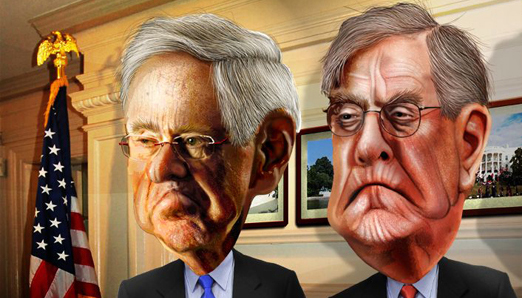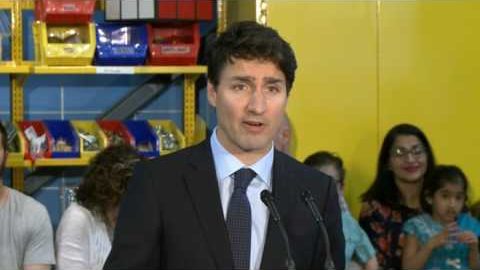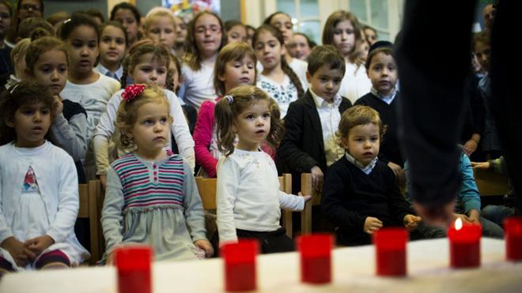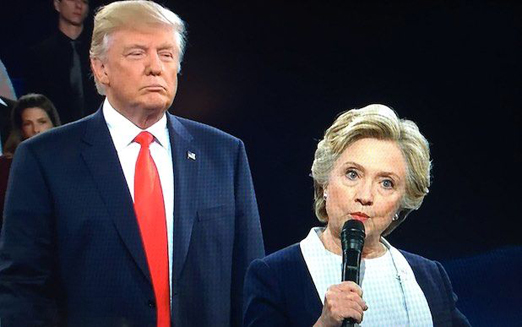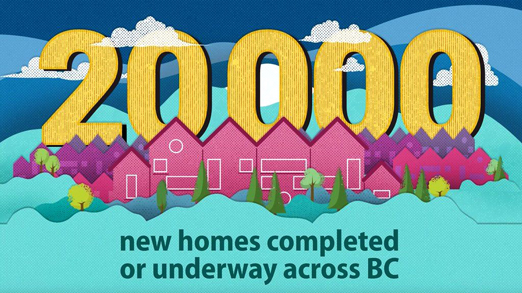
The suffering hero of our times is, we are told, the tormented taxpayer.
Conservative politicians mount campaigns to protect the taxpayer, editorial writers evaluate politicians and their policies on whether they will increase or decrease the “burden” to taxpayers, and some self-described taxpayers have formed faux, corporate-funded organizations to plead their cause & lament their plight. Thus, you have the Canadian Taxpayers Federation.

Nobel prize winning author Toni Morrison, in her New York apartment. Photo | Tim Knox
At a speaking engagement, a few years back, at a New Yorker festival, Pulitzer Prize winning American novelist, essayist, editor, teacher and professor emeritus at Princeton University, Toni Morrison, offered insightful commentary on topics about race, gender, writing, and other issues. One particular observation made by Ms. Morrison was quite memorable …
The complexity of the so-called individual that’s been praised for decades in America somehow has narrowed itself to the ‘me’. When I was a young girl we were called citizens — American citizens. We were second-class citizens, but that was the word. In the 50s and 60s they started calling us consumers. So we did — consume. Now they don’t use those words any more — it’s the American taxpayer, and those are different attitudes.
The phrase “taxpayer’s money” is almost always propaganda — that must be rejected and resisted by all of us who support progressive politics.A better phrase is “public money”.
So, why do so few in the news media, if any at all in these times of corporate-owned media, refuse to use the term public money, replacing it instead with the far from benign word taxpayer?
Public money is the property of the entire public, not of taxpayers.
Taxes are a way to pool our resources and develop common infrastructure that can have a positive impact on us all. They build our roads and bridges, pay for our police and firefighters, our system of justice, offer support for raising children and contribute to reducing child poverty, provide income security and housing for people who are in need, contribute to foreign aid, and help to ensure our environment is clean and safe. All of these things are much cheaper and effective when we pay for them collectively.
The taxes paid by previous generations benefits us today, and the taxes we pay hopefully act to benefit the generations of tomorrow.

David Brooks. Toronto-born American centre-right, self-described “moderate centrist” political pundit and cultural commentator who writes for The New York Times
In 2016, New York Times columnist and PBS political commentator David Brooks wrote about the difference between taxpayers and citizens …
You can be a taxpayer or you can be a citizen. If you’re a taxpayer your role in the country is defined by your economic and legal status. Your primary identity is individual. You’re perfectly within your rights to do everything you legally can to look after your self-interest.The problem with the taxpayer mentality is that you end up serving your individual interest short term but soiling the nest you need to be happy in over the long term.
A healthy nation isn’t just an atomized mass of individual economic and legal units. A nation is a web of giving and getting. You give to your job, and your employer gives to you. You give to your neighbourhood, and your neighbourhood gives to you. You give to your government, and your government gives to you.
If you orient everything around individual self-interest, you end up ripping the web of giving and receiving. Neighbours can’t trust neighbours. Individuals can’t trust their institutions, and they certainly can’t trust their government. Everything that is not explicitly prohibited is permissible. Everybody winds up suspicious and defensive and competitive. You wind up alone at 3 a.m. miserably tweeting out at your enemies.
And this is exactly the atomized mentality that is corroding North America.
Years ago, David Foster Wallace put it more gently …
“It may sound reactionary, I know. But we can all feel it. We’ve changed the way we think of ourselves as citizens. We don’t think of ourselves as citizens in the old sense of being small parts of something larger and infinitely more important to which we have serious responsibilities. We do still think of ourselves as citizens in the sense of being beneficiaries — we’re actually conscious of our rights as citizens and our nation’s responsibilities to us and ensuring we get our share of the American pie.”
This is where the Canadian Taxpayers Federation comes in, a shady, secretly-funded (who are, in fact, funded by right wing elements within Canada’s corporate culture), unrepresentative organization that sells itself as a populist “citizens advocacy group” looking to cut waste and ensure accountability in government, when such couldn’t be further from the truth.

Larry Haiven, a professor in the faculty of management at Saint Mary’s University in Halifax, says most of CTF’s stances on issues — and particularly their relentless calls to lower taxes — are …
“the most simplistic garbage. It assumes that nothing that is purchased with our taxes is of any use for us. Despite CTF’s anti-tax, spending-is-out-of-control rhetoric, taxes are lower now than they’ve been in decades, leaving governments struggling to provide essential services.
Provinces and the federal government have been cutting taxes frenetically, frantically, for the past 25 years. Governments across Canada are taking in about $250 billion less than they did 15 years ago. You have to weigh that against everything the Taxpayers Federation says.”
Yet night in, night out the Canadian Taxpayers Federation is given a platform on the corporate-owned and operated evening news, with folks on Shaw-owned Global TV, anchors like Chris Gailus and Sophie Liu, and Bell Media CTV Vancouver hosts Scott Roberts and Mi-Jung Lee fulfilling their supplicant role as handmaidens to their corporate bosses & not on our side.
The Canadian Taxpayers Federation media presence is truly remarkable when you consider it has a membership of five people.
You read that correctly: five.

Writes Dougald Lamont for CBC News Manitoba …
This might come as a surprise, but the Canadian Taxpayers Federation is not now, nor has it ever been, a grassroots, member-based organization where anyone can pay $10 to sign up (or sign up free) and have a say in how the organization is run.
Instead, it has supporters — about 90,000 of them, who, like followers on Facebook, can like, comment, answer surveys and make donations, but they have no actual say in how the organization is run.
While the CTF’s mandate is to hold elected officials to account, who holds the CTF’s five members to account? Each other. Who decides who else can become a member? They do. It should be no surprise that the Canadian Taxpayers Federation has, as a result, faced accusations of being an Astroturf organization — a fake grassroots organization.
Writing in The Tyee, journalist David J. Climenhaga says the following …

Right-wing billionaires Charles and David Koch are among the funders of the international Atlas Network, a Canadian Taxpayers Federation partner. Photo credit: DonkeyHotey.
“The Canadian Taxpayers Federation,” writes Climenhaga, “a self-described non-partisan tax watchdog and taxpayer advocacy group once headed by Alberta Premier Jason Kenney, has always been tight-lipped about the sources of its own funding and support. This may be mildly ironic, given its vocal demands for transparency in government policy.”
Since the 1980’s and the rise of the Koch brothers in the U.S. and the Canadian Taxpayers Federation in Canada, there has been a deliberate effort to reframe citizens as “taxpayers” and public spending as “taxpayers’ money,” as if taxpayers are shareholders. CBC’s Dougald Lamont writes …
Journalists and politicians in every political party routinely use these terms without considering that this framing is anti-democratic. That is because politicians are elected by citizens, not just taxpayers. The word “taxpayer” is not in the constitution; the word “citizen” is.
All citizens are equal. Taxpayers are not.
It is self-evident that you can contribute to the economy and society without paying taxes. Many citizens don’t pay income taxes, notably children, the working poor and a few millionaires and billionaires. Charities, churches and places of faith are all tax-exempt.
Defining taxpayers as the only people who matter has real and serious consequences for policy. It is not a politically neutral position: it is a radical right-wing ideology that drives inequality by making the rich richer while neglecting the poor.
That is why the Canadian Taxpayers Federation’s real membership of five people matters, as does its ideology. We don’t have to care what they think, but we should be clear on just where they are coming from.
So the next time you hear British Columbia’s new wicked witch of the west, CTF spokesperson Kris Sims, blathering on your TV about how your “taxpayer dollars” are being wasted, remember: Kris Sims and the Canadian Taxpayers Federation could give a damn about you as a citizen of the province of British Columbia, and could care even less about what our provincial government is doing to alleviate child poverty, build urgent care centres to serve the 780,000 British Columbians without a family doctor, build truly affordable housing for seniors and working people across the vast expanse of our province, create affordable $10-a-day child care for working families, while funding our public safety and justice, education, transportation and infrastructure, agriculture and fisheries, climate action and environment, social development and poverty reduction, indigenous relations and reconciliation, and jobs, training, trade and technology ministries of government to better serve your interests, and the interests of your family, your neighbours, your co-workers, and your friends.
And while you’re at it, ignore Kris Sims when you see her next on your TV!
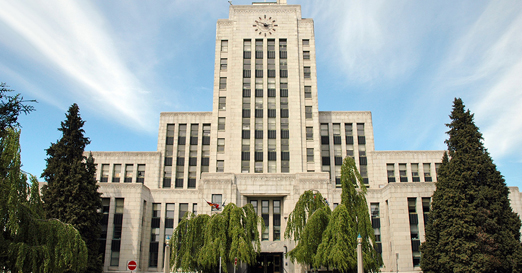
 VanRamblings’ new carbon blue Vessi shoes. Comfy. Stylish. 100% waterproof!
VanRamblings’ new carbon blue Vessi shoes. Comfy. Stylish. 100% waterproof!




